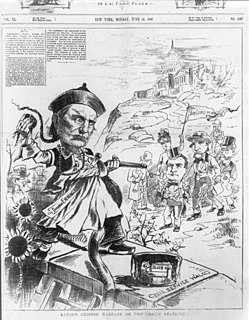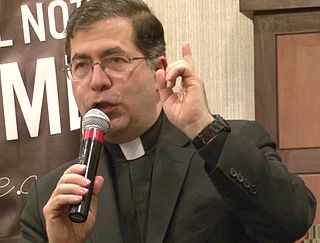A Quote by James Madison
Related Quotes
I am for a government rigorously frugal & simple, applying all the possible savings of the public revenue to the discharge of the national debt; and not for a multiplication of officers & salaries merely to make partisans, & for increasing, by every device, the public debt, on the principle of its being a public blessing.
No pecuniary consideration is more urgent, than the regular redemption and discharge of the public debt: on none can delay be more injurious, or an economy of time more valuable. ... Cherish public credit. One method of preserving it is to use it as sparingly as possible: avoiding occasions of expence (and) avoiding likewise the accumulation of debt ... not ungenerously throwing upon posterity the burthen which we ourselves ought to bear.
In the great depression, things could only be set right by causing the idle plant to work again . . . Roosevelt . . . spent billions of public money and created a huge public debt, but by so doing he revived production and brought his country out of the depression. Businessmen, who in spite of such a sharp lesson continued to believe in old-fashioned economics, were infinitely shocked, and although Roosevelt saved them from ruin, they continued to curse him and to speak of him as 'the madman in the White House.' . . . [It's one more] striking example of inability to learn from experience.



























